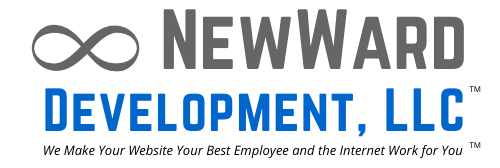Google announced today that MySpace has joined OpenSocial. MySpace is in good company, other social networking sites currently in OpenSocial include Linked in, orkut, Slide & Ning. The question still remains as to whether or not Facebook will join.
OpenSocial is a set or API’s (application programming interface) and is targeted towards developers. OpenSocial’s set of APIs handle three different kinds of user data: profiles (you), social graph (your friends) and activities (your virtual life). The language APIs use is standard HTML and Javascript. Any application written for OpenSocial will work on any partner social network – any OpenSocial “container”. That means developers need only write an application once, and it can get used on any of the networks involved, like Orkut and LinkedIn. This gives developers exposure to some 200 Million users.
What does this mean for the end user?
Users will have more choices across more web sites. This will make using the social networks more interesting and give the end user will have more to “play with”. If Facebook is any example, for every outstanding application used on the network, there are 50 useless ones. Over the coarse of time, however, this could mean quite a lot, particularly for business. Image having your favorite movies saved in Flickr and your favorite music saved elsewhere. An application can be developed that will target your entertainment preferences, which can end up as a market tool for an entertainment business. You will only see ads that pertain to your individual taste.
Currently MySpace, Facebook and the like are “closed” networks. As a user, your information is only shared with people you trust (your friends) who are on that particular network. In an “open network” environment, your data is still only shared with those you trust, but the network is no longer relevant. What OpenSocial has done (or is attempting to do) is put the API code in an “open environment” that is not server dependant for anyone to access regardless of the network you are a member of.
The internet and in particular the philosophies behind Web 2.0 are becoming more open and accessible to the end user which creates more of a marketing opportunity to businesses. It is far easier to market to people who allow their profiles to be so public.
Personal Commentary: I find it interesting that we’ve become a locked door society in the “real world” and a more open society online. We demand the ability to port (make portable) our personal information for the entire world to see, but when the doorbell rings we peek out the blinds to see who it is before we actually open the door. There are no longer evenings spend on the front porch chatting with neighbors, but we spend countless hours IM’ing online with people whose face and voice are totally unknown to us.
